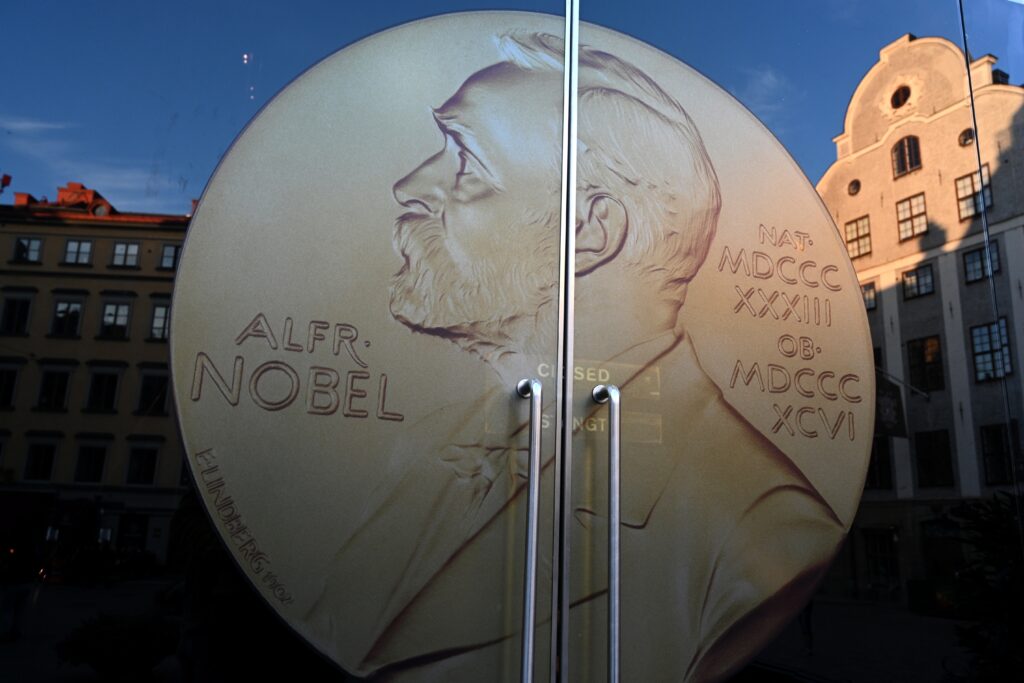Three scientists won the 2025 Nobel Prize in Medicine for revealing how the immune system avoids attacking the body.
Mary E. Brunkow, Fred Ramsdell, and Shimon Sakaguchi were honored “for their discoveries concerning peripheral immune tolerance.”
The prize, worth 11 million Swedish kronor, was announced in Stockholm by the Karolinska Institute’s Nobel Assembly.
“We reached only Professor Sakaguchi,” said secretary-general Thomas Perlmann. “The others might have their phones on silent.”
Their work explained how certain T-cells prevent autoimmune diseases like diabetes and multiple sclerosis.
Sakaguchi discovered that mature T-cells carrying a protein called CD25 act as regulators, suppressing harmful immune reactions.
“They’re the brakes of the immune system,” said Professor Adrian Liston of Cambridge.
Brunkow and Ramsdell found that mutations in the FoxP3 gene cause severe autoimmune disorders in mice and humans.
Sakaguchi later proved FoxP3 controls the formation of regulatory T-cells, vital for immune balance and self-tolerance.
“Regulatory T-cells keep us from autoimmunity and allergy,” Liston explained. “Without them, early fatal disease occurs.”
Professor Marie Wahren-Herlenius said the discoveries led to new treatments for autoimmune disease and organ transplants.
“In cancer, it’s the opposite,” she noted. “Tumors exploit regulatory T-cells to hide from immune attacks.”
Professor Danny Altmann called the award “long overdue,” praising decades of research that redefined immunology.
“There’s still much to learn,” added Professor Adrian Hayday. “But this discovery changed medicine forever.”


